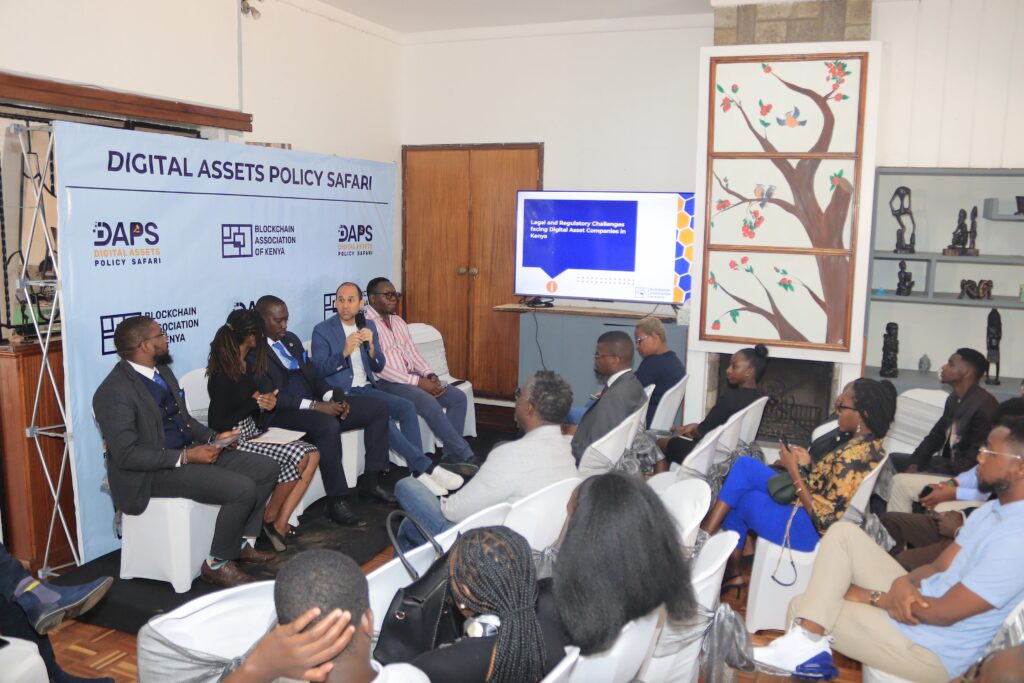BAK extends feedback Period on its draft bill to Protect the Kenyan Public from Crypto Scams

The Blockchain Association of Kenya (BAK), Kenya’s leading digital asset industry lobby group, has extended the feedback period on its community led draft Virtual Asset Service Provider (VASP) bill.
The VASP Bill is the outcome of a mandate issued to the association in November 2023 by the National Assembly’s Finance and National Planning Committee.
The BAK, was tasked to draft a framework to govern the cryptocurrency industry because the lack of a framework has led to the mushrooming of dubious crypto currency scams that have defrauded Kenyans of millions.
The VASP Bill was set to be handed over to the National Assembly Committee on February 14th, 2023.
However, due to growing interest from new stakeholders such as government agencies and other stakeholders affected by elements of the bill, the association in consultation with its members made a decision to extend the feedback period.
The association held a stakeholder breakfast at the Sankara hotel on Friday 16th where the Executive Board announced that it will extend the feedback period to a later date.
BAK Board Chairman Michael Kimani called on stakeholders to review and give input on the bill.
“The Virtual Asset Service Provider bill is a significant milestone towards curbing the rampant crypto currency related scams that thrive and continue to defraud Kenyans of millions of shillings because of the lack of frameworks to protect the public,” said Kimani.
If passed, Kimani says the bill would affect a diverse group of stakeholders who may or may not be directly involved in the business of digital assets.
“Therefore, the extended feedback period is intended to invite comments from all stakeholders affected directly or indirectly by elements of the Virtual Asset Service Providers bill.”
The public participation exercise comes at a time that the Directorate of Criminal Investigations (DCI) has issued a caution to Kenyans against the increasing number of scammers stealing from them using cryptocurrency scams.
“The DCI has noticed with concern the increase in reports of loss of hard-earned money by Kenyans to scammers. Scores are being lured to join online cryptocurrency investment platforms and end up losing their investments to fraudsters,” DCI stated.
It is this reason, amongst others, that the association was mandated to draft a bill which sets out consumer protection guidelines and a licensing framework to ensure Kenyans are protected as best as possible.
Since 2015, when the Central Bank of Kenya issued a notice warning banks not to work with crypto currency companies, much of the cryptocurrency activity has moved underground where it operates without rein and makes it difficult for the government agencies and authorities to deal with.
In addition, legitimate companies that hope to set up formal complaint businesses to service Kenyans are unable to operate in the country.
The result has been there is no clear recourse for addressing cases of fraud arising from cryptocurrency and no clearly established business to serve consumers that are legitimately interested in digital assets.
Kimani notes that the Blockchain Association of Kenya hopes to submit the bill to parliament as soon as it is ready in order to help protect Kenyans and attract legitimate crypto currency businesses into the country.
In the meantime, the lobby group invites its community, interested stakeholders such as government agencies, international development organizations and private sector to participate in its upcoming forums and workshops for education and awareness on the impact of the bill.





